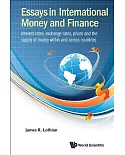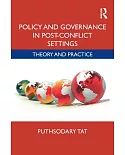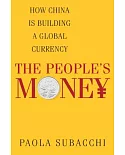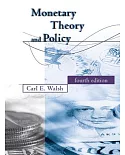This study employs methods of quantitative analysis, vector error correction, and variables specification to examine the economic and security impact of the US dollar as the world’s leading
reserve currency. “Exorbitant burden” is defined here as the quantitative and qualitative costs of the dollar’s reserve status as it provides the liquidity that fuels the global financial
system. The study begins with a review of the literature on the theory of reserve currency, costs of excessive reserves holdings, international reserve currency status criteria, the
implications of achieving reserve currency status, and US dollar global liquidity. The next chapter introduces the concepts of exorbitant privilege and exorbitant burden in order to present a
theoretical framework addressing paradoxes of the US dollar in the context of the US’s geopolitical leadership and its military, economic, and political power. The study concludes by discussing
alternatives to the US dollar as the world’s leading reserve currency, such as the Euro. Distributed in North America by Turpin Distribution. Annotation ©2016 Ringgold, Inc., Portland, OR
(protoview.com)





















